
Jesus’ description of the scribes and the Pharisees in Matthew 23 provides us with an illustration of the corrupting effects of hierarchical power structures. Given the pervasive and entrenched character of such structures, escaping their perverse dynamics is easier said than done. Nevertheless, we are not left without means of resistance, perhaps the first of which are actions and words through which we make the unseen visible.

In his best-selling book Collapse: How Societies Choose to Fail or Succeed (Penguin, 2011), popular science author Jared Diamond meticulously and relentlessly plunges into a wide variety of historical case studies using what he terms the “comparative method” in order to answer the question that has preoccupied scholars from Edward Gibbon through Oswald Spengler – why do societies decline and ultimately disappear?
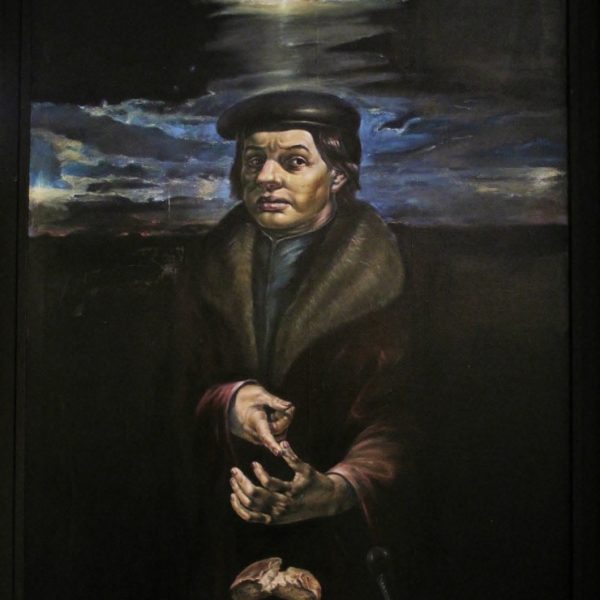
We had set out to follow in the footsteps of Thomas Müntzer, the ‘theologian of the revolution’ from sixteenth century Germany. Given that it was Germany, we expected everything to be organised down to the last detail – guidebooks, maps of bicycle paths and walking trails, a Müntzer tour linking all the sights, clear signs at each point indicating what Müntzer did where and when and how, even a government agency that focuses on this radical theologian. We found nothing of the sort.
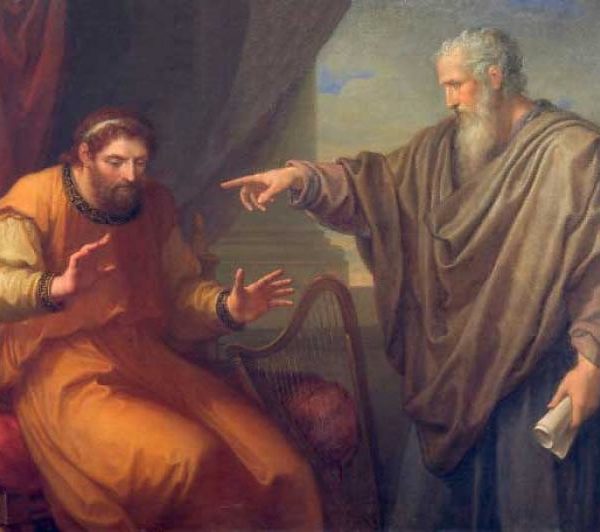
King David’s actions in taking Bathsheba provide a shocking and illuminating case study in the behavior and psychology of impunity. The prophet Nathan’s employment of parabolic misdirection in his exposure of David’s sins suggests an effective manner in which such impunity can be confronted.

Our discomfort with the notion of God visiting the sins of parents upon their children may lead us to avoid wrestling with Exodus 20:5-6. This would be a mistake. This reference occurs in the context of the prohibition upon idolatry and challenges both our attempts to sanitize God and our idolization of our children.
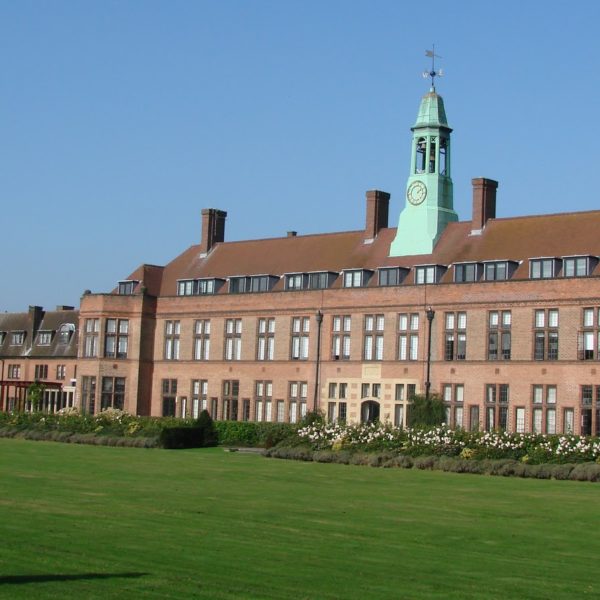
The Association for Continental Philosophy of Religion is pleased to announce an upcoming conference at Liverpool Hope University, UK, on July 10-12, 2015 exploring the theme: “Political Theology: The Liberation of the Postsecular.”
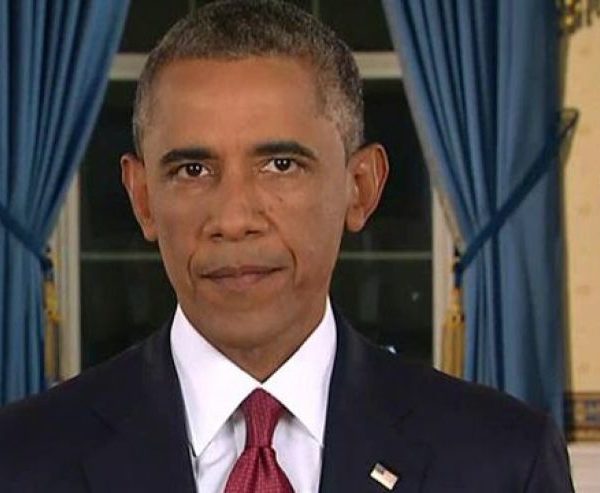
“Genuine tragedies in the world are not conflicts between right and wrong,” Hegel wrote. “They are conflicts between two rights.” In the last few days I have been somehow compelled to meditate on how the rush of events in our world reflect this kind of tragic destiny which perhaps only Hegel, the last genuine philosopher of history, seemed to have comprehended.

In Jesus’ parable of the day laborers on the vineyard, we encounter two competing views of what constitutes just compensation, one determined by ‘fairness’ and the other by need. In its commitment to the human-centered “economics of need,” the Reign of God teaches us to value work—and the worker—in a new way.
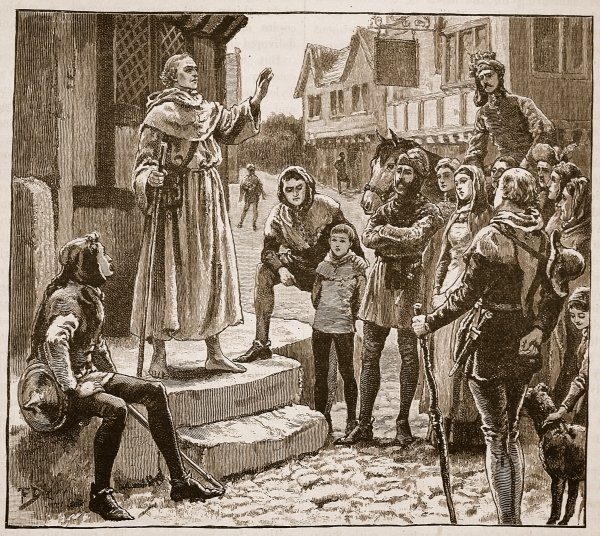
One Sunday around 1173, in Lyons, a wealthy financier named Waldo heard a traveling singer tell the story of St. Alexis, the son of a Roman senator who fled his family, became a beggar, and took to a life of prayer and service. Moved, he hurried to talk to a theologian, who told him of Jesus’ exhortation: if you wish to be perfect, go, sell what you have, and give it to the poor. And so he did.
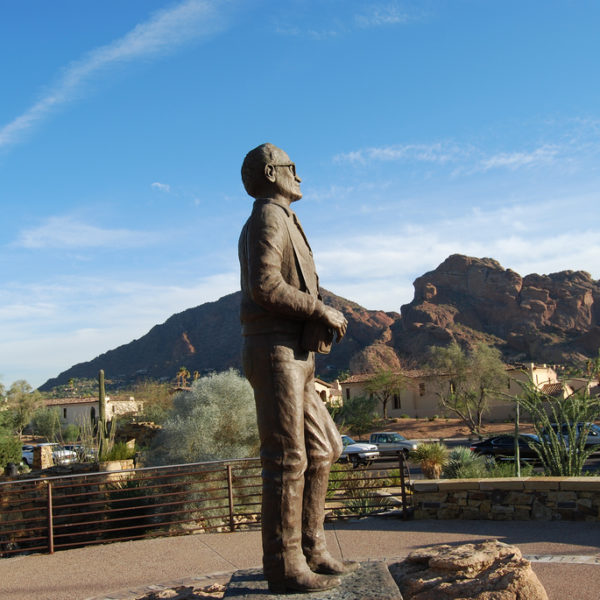
To swipe Oscar Hammerstein’s famous lyric, histories of twentieth-century American religious history – whether academically or popularly-oriented – can’t figure out how to solve a problem like Rousas John Rushdoony, the progenitor and elder statesmen of Christian Reconstructionism.
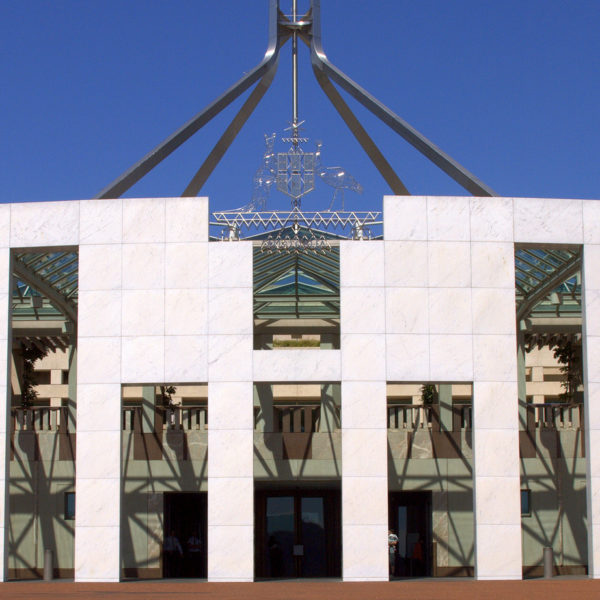
Over the last few years, we have been engaged in an Australian project called ‘Religion and Political Thought’ – itself part of an international project known as ‘Religion and Radicalism’. Funded by the Australian Research Council, it seeks to do nothing less than kick-start an Australian tradition of political philosophy in relation to religion and theology. Our aims may be high, but we realise that it is very much a small beginning to what we hope will foster further debate and research.
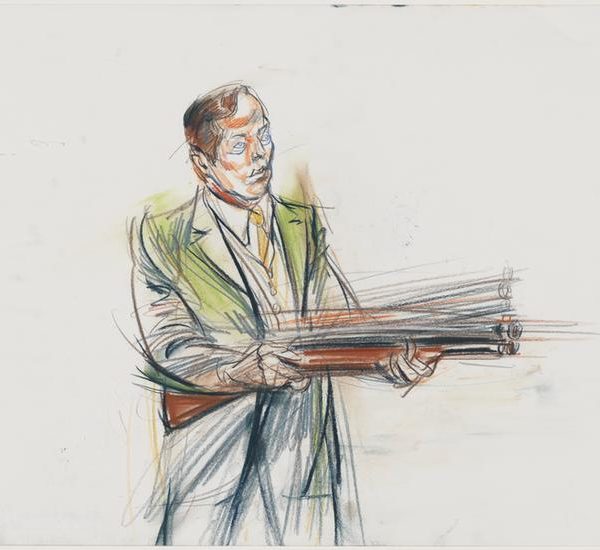
Three years before, Eleanor Bumpurs had been shot. A sixty-six year old black woman shot by a white police officer. Shot twice. With a shotgun. In her home. A case against the police officer wound through the courts in fits and starts. In 1987 the officer was acquitted. It was then, on the streets in front of the courthouse, that the press recorded for the first time the chant, “no justice, no peace.”